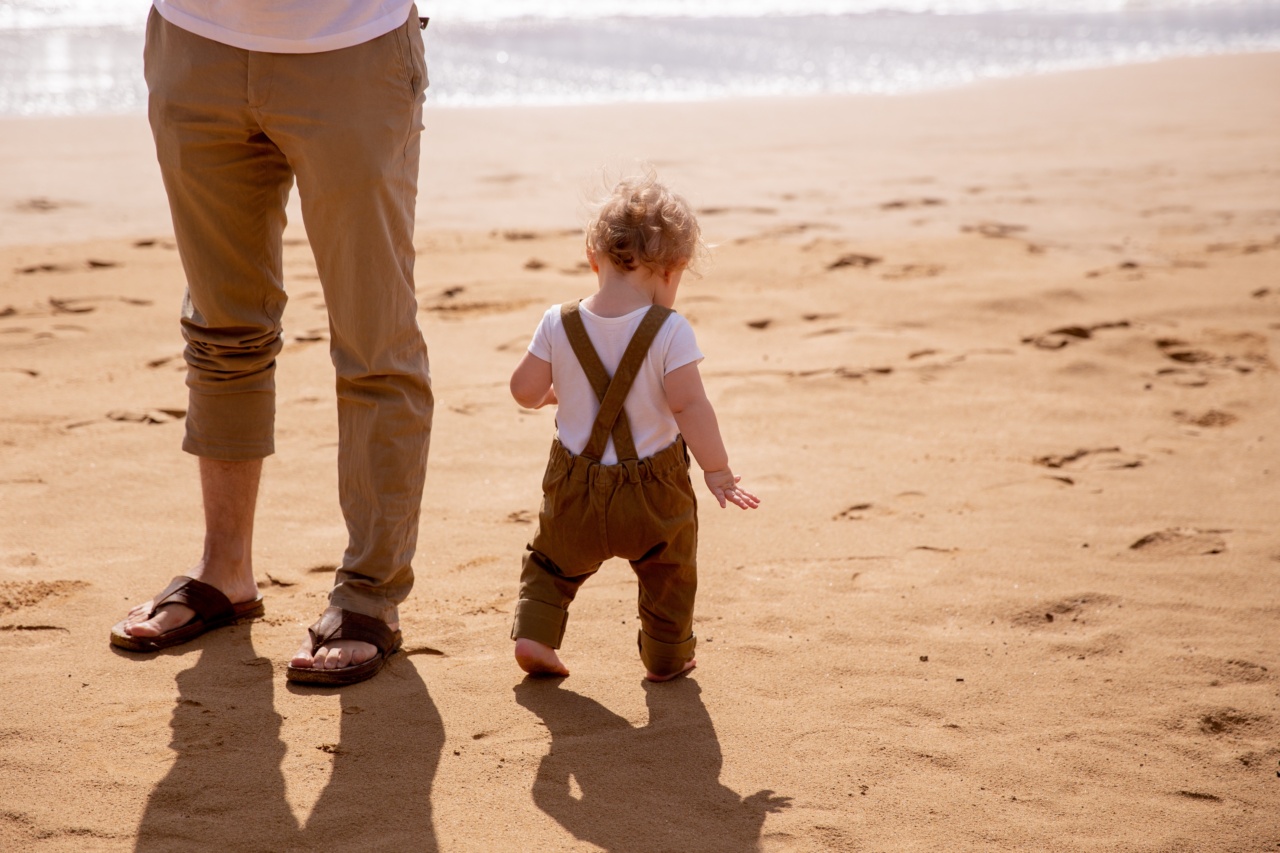Summertime brings with it warm weather, longer days, and a world of outdoor adventures. However, for nursing mothers, the hot weather can present challenges in keeping their little ones hydrated and nourished.
Babies are more susceptible to dehydration and heat-related illnesses, making it crucial to take extra precautions during these months. In this article, we will explore some tips and tricks to help you keep your baby hydrated and well-fed during the summer season.
1. Offer the breast frequently
One of the simplest and most effective ways to ensure your baby stays hydrated is to offer them the breast frequently. Breast milk is not only the perfect food for your baby but also a great source of hydration.
The higher water content in breast milk helps quench your baby’s thirst, especially in hot weather. Aim to nurse your baby on demand and avoid rigid feeding schedules.
2. Stay well-hydrated yourself
Remember, your hydration directly affects the quality and quantity of your breast milk. In hot weather, it’s essential for nursing mothers to drink plenty of fluids to stay properly hydrated.
Keep a water bottle handy wherever you go, and make it a habit to sip on water throughout the day. Consuming a variety of beverages, such as water, herbal teas, and natural fruit juices, can help in maintaining your hydration levels.
3. Dress your baby appropriately
The right clothing can play a crucial role in preventing overheating and keeping your baby comfortable. Dress your little one in lightweight, breathable fabrics such as cotton or bamboo, which allow air circulation and wick away moisture.
Avoid overdressing your baby or using heavy blankets, as excessive warmth can lead to sweating and dehydration.
4. Create a cool and shaded environment
When taking your baby outdoors, ensure they are protected from direct sunlight. Ultraviolet rays can be harmful to infants, and overheating can occur rapidly in the scorching summer sun.
Use a stroller with a built-in sunshade or attach a parasol to shield your baby from direct sunlight. Additionally, seek out shaded areas whenever possible, and plan outings during cooler times of the day, such as early mornings or evenings.
5. Offer additional liquids
Alongside regular breastfeeding, you can offer your baby some additional liquids to keep them hydrated. If your baby is above six months old, you can introduce small amounts of water in a cup or offer them sips from a baby-friendly water bottle.
Consult with your pediatrician to determine the right amount and timing of additional liquids based on your baby’s age and individual needs.
6. Be mindful of signs of dehydration
Understanding the signs of dehydration can help you take prompt action if needed.
Common signs of dehydration in infants include a dry mouth, fewer wet diapers, crying without tears, sunken fontanelles (soft spots on the baby’s head), and lethargy. If you notice any of these symptoms, consult your healthcare provider immediately.
7. Maintain suitable indoor temperature
While spending time indoors, it is important to maintain a comfortable temperature for your baby. Excessive use of air conditioning can lead to dry air, which may cause dehydration.
Using a humidifier or placing a bowl of water in the room can help add moisture to the air and prevent dryness. Keep the room well-ventilated and avoid exposing your baby to direct drafts from fans or air conditioners.
8. Offer hydrating foods
For older babies who have started solids, you can include hydrating foods in their diet. Fruits with high water content, such as watermelon, strawberries, and oranges, can help keep your baby hydrated.
You can also offer pureed vegetables like cucumber or zucchini, which have a high water content. These foods not only provide hydration but also essential vitamins and minerals.
9. Plan outdoor activities wisely
If you plan to engage in outdoor activities with your baby during the summer, it’s crucial to choose the timing and location wisely. Avoid peak hours of heat and opt for shaded areas or parks with water features.
Keep the duration of outdoor activities short and keep a close eye on your baby for any signs of discomfort. Remember to carry essentials like hats, sunscreen (if your baby is over six months), and a lightweight blanket for shading.
10. Trust your instincts
As a nursing mother, you have developed a unique bond with your baby, and you are the best judge of their needs. Trust your instincts and pay attention to your baby’s cues.
If they seem fussier than usual, are crying excessively, or showing signs of discomfort, offering the breast more frequently may help in providing comfort and hydration.
Remember, every baby is different, and what works for one may not work for another. It is important to understand your baby’s individual needs and consult with your healthcare provider for personalized guidance.































